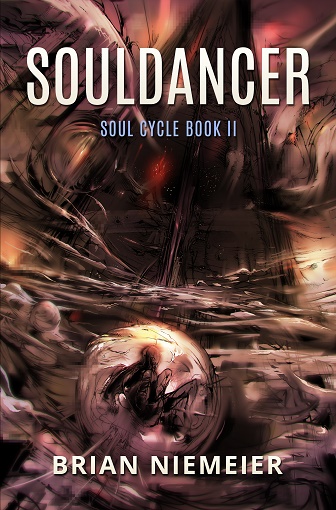Either there is truth or there is not. If there is, a civilization cannot long survive if it be based on untruth.
It there is not, civilization cannot be based on anything at all, but brute force, lies, and partisan loyalty.
Difference of thought between citizens in a truthful civilization can be reconciled by reference to the objective truth, and fact and evidence, nature and nature’s God will decide the dispute.
But in a world without truth, differences between the subjects of the Empire of Lies are by definition irreconcilable. There is nothing to which to appeal aside from brute power, and any attempt to appeal to the truth is held to be a disguised attempt to appeal to brute power. In the land of untruth, all arguments are settled not by what is said, but on who says it: and the stronger man wins, not the stronger argument.
In a world without truth, there is no law, no order. There is only Caesar, and whoever is the favorite of Caesar. The favorite wins all trials before any jury in impaneled.
Bromides urging partisans of opposite camps to coexistence in mutual toleration founder on the fact that, if no objective truth exists, no objective standard exists by which anyone can decide when to tolerate and when to coexist and when not. Should one welcome in intolerant Jihadists promising openly to behead all infidels into the ever-so tolerant coexistence? Then on what grounds are the Christians excluded?
This question is not merely unanswered, it is impossible to answer, in the Empire of Lies, because without truth there is no moral imperative and no moral standard.
‘Tolerate Everyone and Everything’ cannot be the rule because it implies toleration those who seek to abolish this rule; and ‘Tolerate Whoso Follows the rule of Mutual Toleration’ cannot be the rule, because judging who follows and who violates the rule is impossible without truth and a standard of truth.
There can be no “I ought” in a world where there is no “It is”.
(A truth-free standard is a paradox, and attempts to follow it merely lead to logically absurd results, as in England, where Michael Savage is barred to travel, because he publicly called for resistance to terrorism, but terrorists are welcomed with open arms.)
For many a year, the West was able to embrace both those who believed in truth and those who believed in nothing in her bosom. A peace, or at least a ceasefire, was able to be maintained between Christendom and the Empire of Lies which opposes her.
As the Nihilists of the Empire of Lies increase in strength, and as the logical ramifications of their stance play out, that ceasefire will be ever harder to maintain.
The whores and nuns cannot live together in the same house for long: it must become either a nunnery and expel the whores, or become a cathouse and expel the nuns. The mere fact that the virgins exist offends the whores, and so no permanent peace is possible between them.
So, likewise, the mere fact that Christians exist offends the loyal Sons of Nothing, and, as time passes, their intolerance increases, and not just Christians who believe in God, but any honest man of any stripe who believes in anything objective falls under their hysterical opprobrium and deep hatred.
A society that does not believe in an objective reality, an objective standard to judge good and evil social orders, an objective moral law, and an objective standard of logic and of fact, of true and false, will always slide back into collectivism and institutional injustice.
Read the remainder of this entry »


